Pregnancy
Our pregnancy section includes a week-by-week guide, advice on vitamins, and which foods to include for a healthy, nutritious diet.

Get tips and advice on your pregnancy, baby and parenting sent to your inbox.

pregnancy
It’s safer not to drink alcohol while you are pregnant. When you drink alcohol, your baby drinks it too - but they can’t process it like you can. The more you drink, the greater the health risk to your baby.
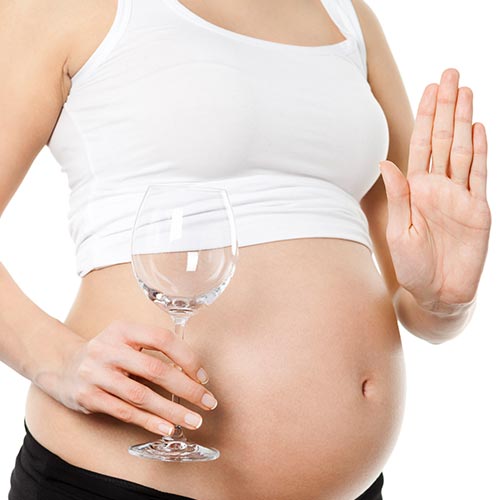
pregnancy
Don’t worry, if you find out that you're pregnant after drinking alcohol, don’t worry unnecessarily — the risks to your baby being affected are likely to be low. However, it is recommended that you stop drinking throughout your pregnancy.

pregnancy
Drinking alcohol, especially in the first 3 months of your pregnancy, increases the risk of miscarriage, premature birth and your baby having a low birth weight. Drinking after the first three months of your pregnancy could affect your baby after they're born.
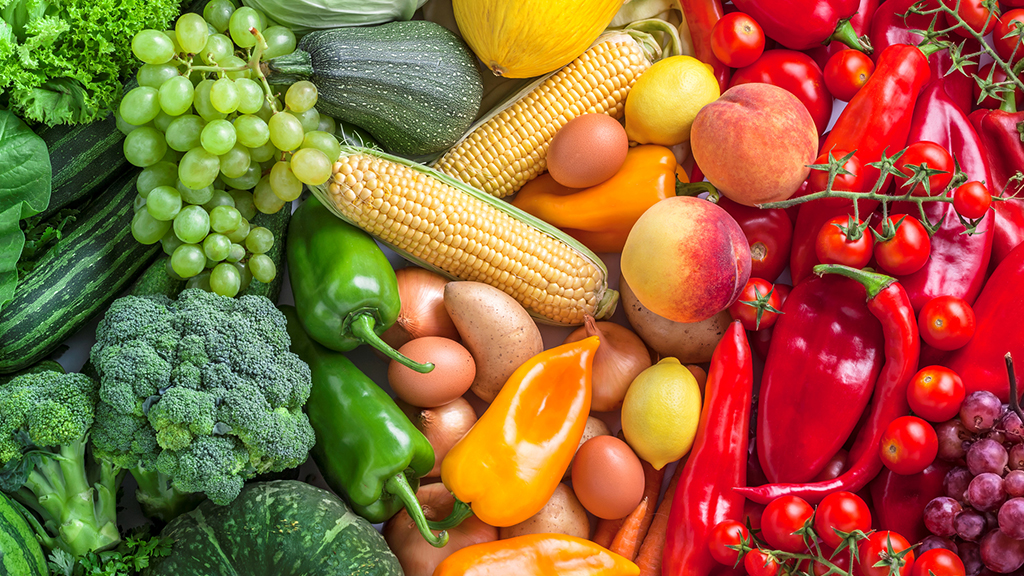
pregnancy
Eating a variety of foods will help your baby to get the range of nutrients that it needs to develop and be healthy. Try to include fruit and vegetables, starchy foods (carbohydrates), protein and dairy products.
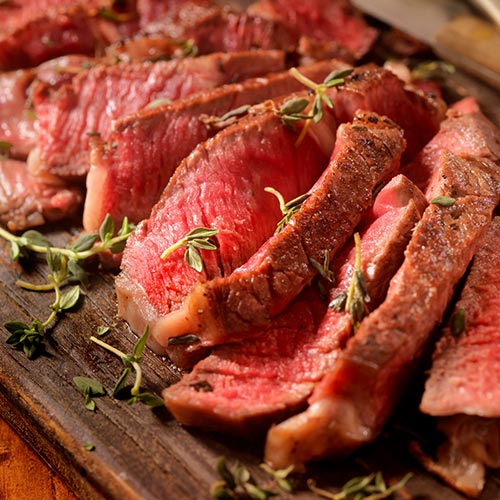
pregnancy
Yes – there are some foods that you should avoid (or eat with caution) while you’re pregnant. These include certain types of cheese and raw or undercooked meat.
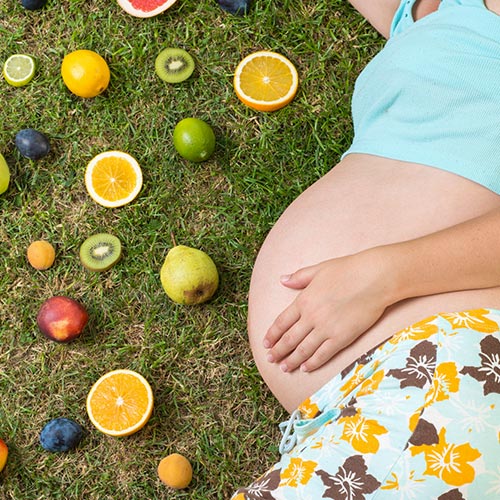
pregnancy
No - that’s a myth! If you pile on the pounds, you could put you and your baby at risk of health problems such as high blood pressure. Eat healthily, with plenty of fresh fruit and veg, and avoid processed, fatty and salty foods.
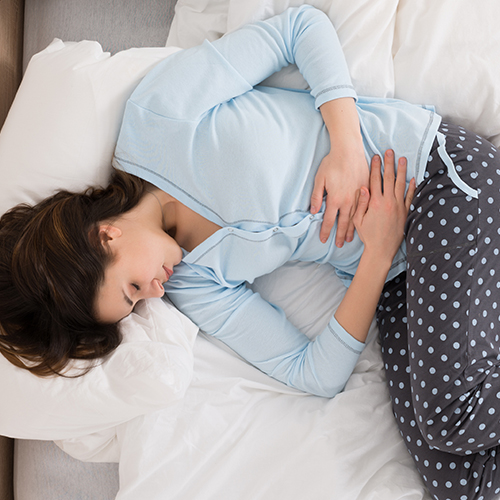
pregnancy
Eating little and often can help your morning sickness. You should also eat healthily and drink lots of water. Some women find that sparkling water or ginger helps with morning sickness.
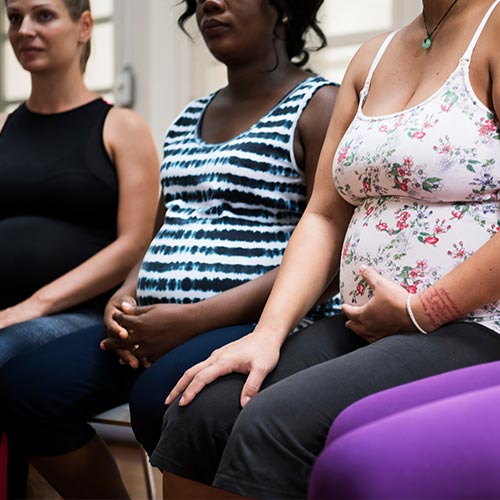
pregnancy
Antenatal classes prepare you for having a baby. You’ll be given advice on how to stay healthy in pregnancy, to how to care for your newborn baby. They’re also a great way to meet other parents-to-be.
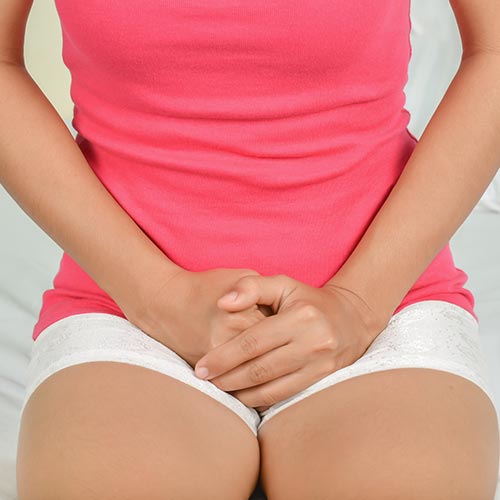
pregnancy
Early symptoms of pregnancy can include missing a period, a metallic taste in your mouth, sore boobs, nausea, tiredness, mood swings, and needing to wee lots.
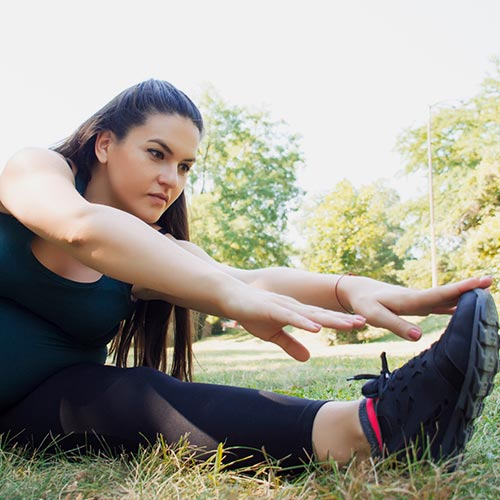
pregnancy
Keeping active and doing exercise while you’re pregnant is great for you and your baby. If you are used to exercising – keep it up. If you’re not used to exercising, start slowly with 10 minutes of gentle daily exercise.
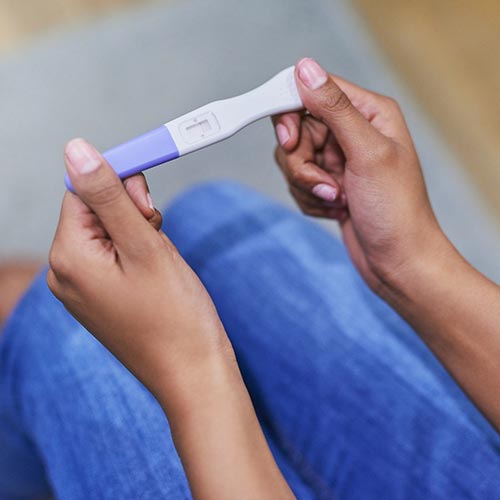
pregnancy
The earliest and most reliable sign of pregnancy is a missed period. If you have a regular monthly cycle, normally you get your period about 4 weeks from the start of your last period.

pregnancy
There isn’t a specific time when pregnancy food cravings start, it’s different for every woman – and you may not necessarily have any cravings.